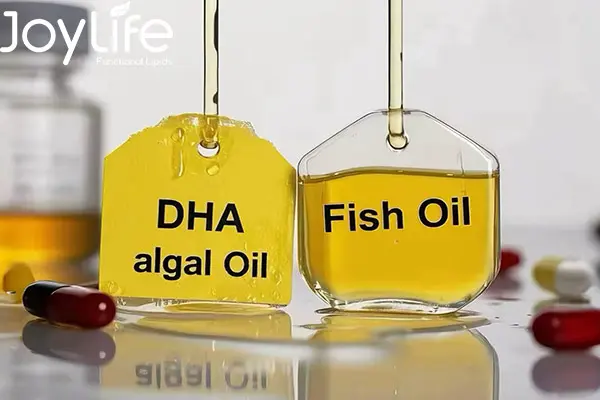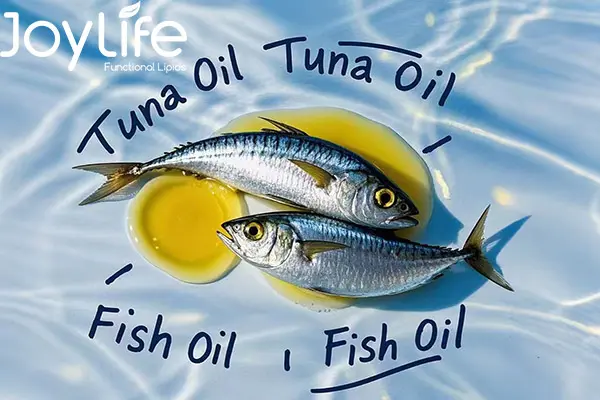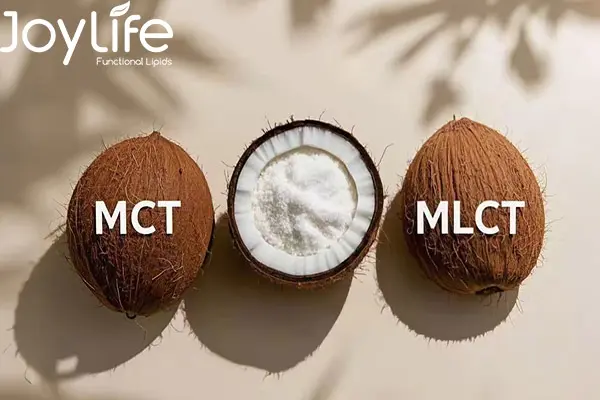



Joylife's EPA products: https://www.joylifenutripharma.com/product/product-categories/omega-fish-oilpowder.html
Joylife's CLA products: https://www.joylifenutripharma.com/products/conjugated-linoleic-acid-oil-(cla).html
Joylife's Phytosterol products: https://www.joylifenutripharma.com/products/phytosterol-ester-(cws)-50,-70.html
What product can lower cholesterol?
What's the difference between EPA, CLA, Phytosterol and Phytosterol ester on Lowering cholesterol?
Which product should we choose to lower cholesterol?
| Compound | Primary Effect | LDL-C Reduction | TG Reduction | HDL-C Impact | Mechanism |
|---|---|---|---|---|---|
| EPA | ↓ TG, CVD risk | Neutral/Slight ↑ | ↓↓ (33%) | ↑ | Inhibits VLDL, anti-inflammatory |
| CLA | Mixed effects | ↓ (5-10%) | Neutral | Neutral | PPAR-γ activation |
| Phytosterols | ↓ LDL-C | ↓ (10-15%) | No effect | Neutral | Blocks cholesterol absorption |
| Phytosterol Esters | ↓ LDL-C | ↓ (12-15%) | No effect | Neutral | Enhanced absorption inhibition |
| Goal | Best Choice | Alternative | Avoid If... |
|---|---|---|---|
| High LDL-C | Phytosterol esters | Phytosterols | TG is also high |
| High TG + Heart Protection | EPA (4g/day) | None | LDL-C is very high |
| Mild LDL-C + Weight Loss | CLA (but inconsistent) | Phytosterols | Insulin-resistant/diabetic |
| Combined High LDL + High TG | Statin + EPA | Phytosterols + EPA | Taking blood thinners (check with doc) |
The differences between EPA, CLA, Phytosterol, and Phytosterol ester in lowering cholesterol lie in their mechanisms, efficacy, and biological effects.
Below is a detailed comparison:
Source: Omega-3 fatty acid found in fish oil and algae.
Mechanism:
Reduces triglycerides (TG) by inhibiting hepatic VLDL synthesis.
Increases HDL-C ("good" cholesterol) and may slightly raise LDL-C ("bad" cholesterol) in some individuals, but purified EPA formulations (e.g., Vascepa) avoid this issue.
Anti-inflammatory effects reduce arterial plaque formation.
Efficacy:
High-dose EPA (4g/day) can lower TG by 33% and reduce cardiovascular events.
Does not significantly lower LDL-C unless combined with statins.
Clinical Use: Approved for hypertriglyceridemia and secondary cardiovascular prevention
Source: Found in dairy and meat; also synthesized as a supplement.
Mechanism:
Modulates lipid metabolism by activating PPAR-γ, which enhances fat oxidation.
May reduce LDL-C and total cholesterol but effects are inconsistent across studies.
Some CLA isomers (e.g., t10,c12-CLA) may increase insulin resistance, counteracting benefits.
Efficacy:
Mixed results: Some studies show modest LDL-C reduction (~5-10%), while others show no effect.
More research is needed for definitive conclusions.
Clinical Use: Primarily marketed for weight management, not a first-line cholesterol treatment.
Source: Naturally found in vegetable oils, nuts, and seeds.
Mechanism:
Structurally similar to cholesterol, they compete for absorption in the gut, reducing dietary cholesterol uptake.
Do not affect TG but can lower LDL-C by ~10-15%.
Efficacy:
Requires 1.5-3g/day for optimal effect.
No impact on HDL-C or TG.
Clinical Use: Common in functional foods (e.g., fortified margarine) for mild LDL reduction.
Source: Phytosterols esterified with fatty acids (e.g., in fortified foods).
Mechanism:
Similar to free phytosterols but more fat-soluble, enhancing intestinal absorption.
Reduces LDL-C by blocking cholesterol absorption.
Efficacy:
Slightly more effective than free phytosterols (~12-15% LDL reduction).
Still no effect on HDL or TG.
Clinical Use: Used in supplements and fortified foods for cholesterol management.
5. Key Points
For High Triglycerides: EPA is the most effective, especially in purified form.
For LDL-C Reduction: Phytosterols/esters are better than CLA, but no effect on TG or HDL.
CLA has inconsistent cholesterol benefits and may worsen insulin sensitivity.
Combination Approach:
EPA + Statin → Best for mixed dyslipidemia (high LDL + high TG).
Phytosterols + Diet → Best for isolated high LD
If any interested or different Opinion about this, pls share an email to sales@joylifenutripharma.com
thanks for your time!